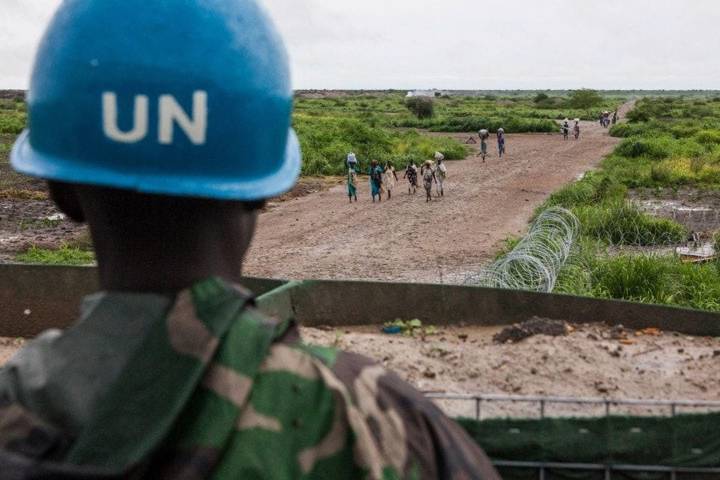Several studies show a beneficial effect of PKOs. However, by looking at individual effect pathways (intensity, duration, recurrence, diffusion) in isolation they underestimate the peacekeeping impact of PKOs. We propose a novel method to evaluate the combined impact across all pathways based on a statistical model of the efficacy of UN PKOs in preventing the onset, escalation, continuation, and recurrence of internal armed conflict. We run a set of simulations based on the statistical estimates to assess the impact of alternative UN policies for the 2001--13 period. If the UN had invested US 200 billion in PKOs with strong mandates, major armed conflict would have been reduced by up to two thirds relative to a scenario without PKOs and 150,000 lives would have been saved over the 13-year period compared to a no-PKO scenario. UN peacekeeping is clearly a cost-effective way of increasing global security.
The results from this research was discussed in a op-ed for the Washington Post's the Monkey Cage blog: U.N. peacekeeping really can be effective. Here’s how we tabulated this
A shorter policy brief summarizing the findings can be found here.










